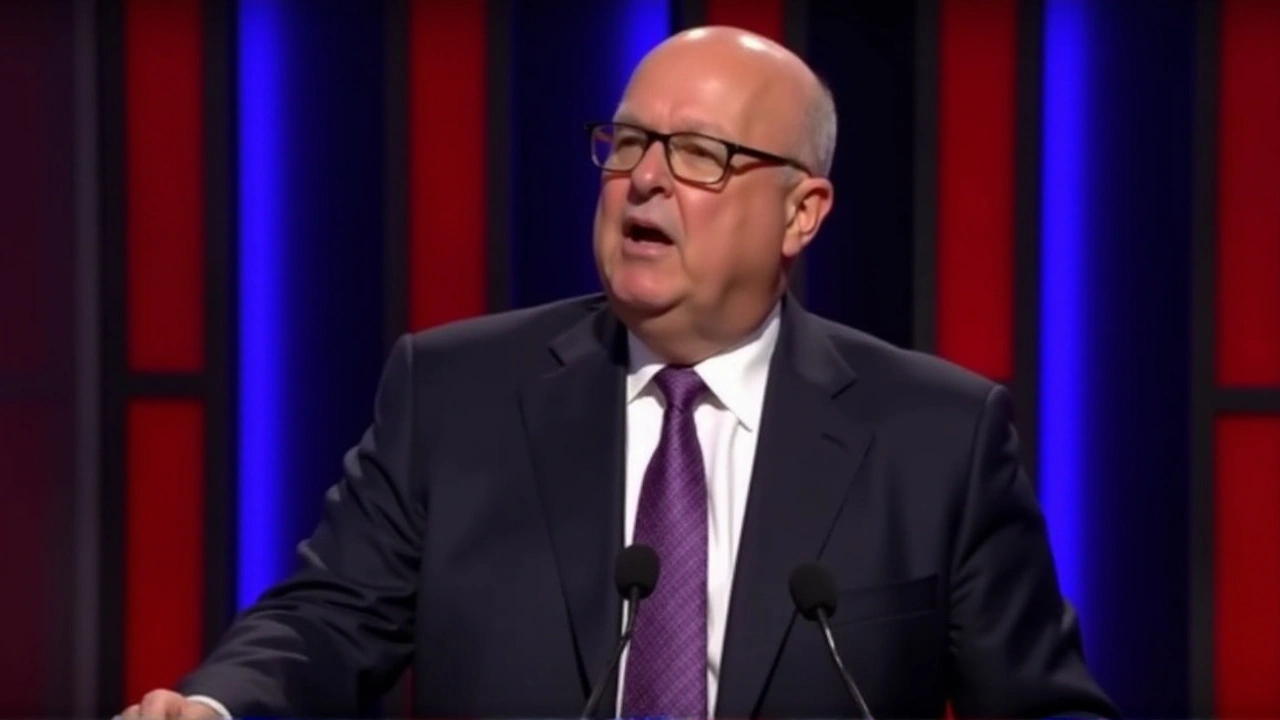
Impeachment Inquiry: A Closer Look at the Allegations Against Mogoeng Mogoeng
The Judicial Service Commission (JSC) has recently stirred up a significant discourse within South Africa's legal and political circles by recommending an impeachment inquiry into former Chief Justice Mogoeng Mogoeng. This recommendation stems from allegations made by John Hlophe, the impeached former Cape Judge President, which accuses Mogoeng of dishonesty.Impeachment inquiries within the judiciary are not commonplace, making this a notable development that calls for widespread attention and scrutiny. But why did the JSC make this recommendation?
The Role of the Judicial Conduct Committee
The spotlight shines brightly on the Judicial Conduct Committee as it takes the reins in initiating this inquiry. The committee, tasked with ensuring that the highest standards of conduct are maintained within the judiciary, found merit in the allegations warranting a probe. Their decision to recommend such an inquiry raises pivotal questions about how judicial accountability is upheld in South Africa. It also touches on the delicate balance between protecting the integrity of the court and safeguarding individuals against malicious claims.
Allegations of Dishonesty: Unpacking the Claims
John Hlophe's allegations against Mogoeng Mogoeng are primarily centered around claimed dishonesty. However, the details remain somewhat opaque to the public, raising more questions than answers. The opacity and the severity of these allegations necessitate a transparent examination to maintain public trust in the judiciary. Crucially, an inquiry of this nature must delve deeply into the specifics, dissecting each charge to ensure clarity and fairness in proceedings.
Potential Motives and Retaliation Concerns
The dynamic between Mogoeng and Hlophe cannot be ignored in this scenario. Mbekezeli Benjamin, a researcher at Judges Matter, has shared concerns about the potential retaliatory nature of Hlophe's allegations. Such a claim hints at a deeper, possibly personal motive behind the accusations, suggesting that the complaint may have been Hlophe's counteraction following an earlier complaint filed against him. If true, this situation underscores the complex and interwoven nature of personal and professional grievances within the highest echelons of judicial authority.
Judicial Accountability Under the Microscope
At its core, this unfolding drama highlights the critical issue of judicial accountability. The integrity of the judiciary is paramount, for without it, public confidence in legal systems wavers. The importance of a fair and unbiased examination cannot be overstated. As the Judicial Conduct Committee proceeds, it must maintain an acute awareness of both the letter and spirit of the law, ensuring that each decision is informed, just, and equitable.
The Dangers of Weaponizing Impeachment
The potential for abuse in the impeachment process looms large over this case. Anyone underestimated the dangers of using impeachment as a tool for personal or political gain is mistaken. The credibility and effectiveness of impeachment as a disciplinary mechanism hinge on its judicious application. This assurance acts as a double-edged sword: while it seeks to correct misconduct, it must concurrently protect against its wrongful use.
The Road Ahead: Ensuring Fairness and Justice
Going forward, the inquiry into Mogoeng Mogoeng must be conducted with unwavering fairness. The charter of this probe should focus on uncovering substantial evidence that supports—or refutes—the claims made against him. Only through detailed investigation and scrutiny can resolution be found, whether in clearing Mogoeng’s name or validating the necessity for accountability measures.
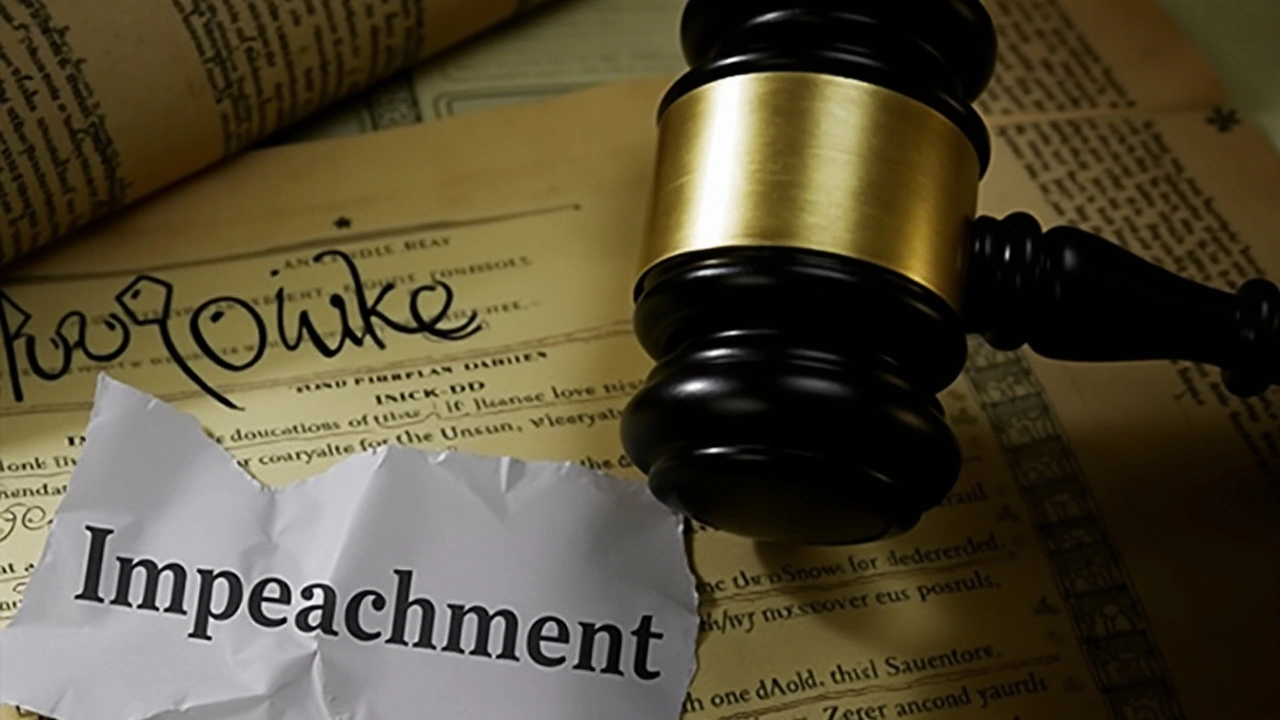
Final Thoughts: Stewardship of Judicial Processes
This entire case serves as a poignant reminder of the systemic safeguards necessary within judicial systems. As stakeholders in the judicial process carry their responsibilities, the broader legal community and the public at large will no doubt continue to watch developments with keen interest. A careful navigation through these choppy waters is essential in upholding justice and preserving the invaluable trust placed in judicial tenets.
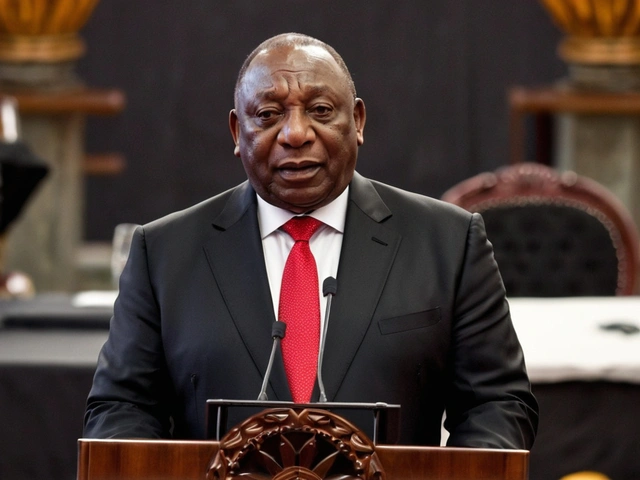
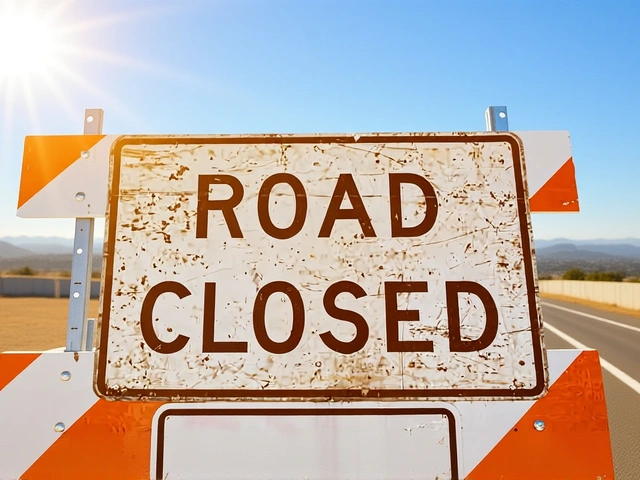
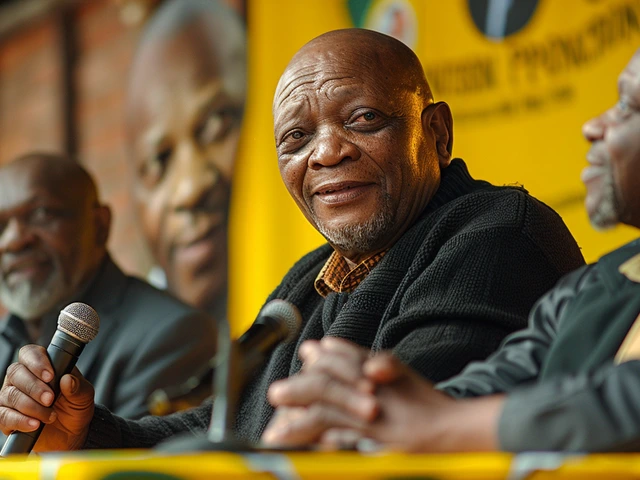
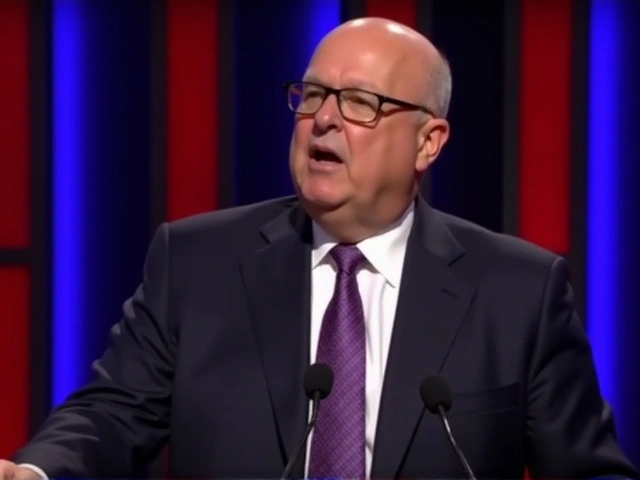
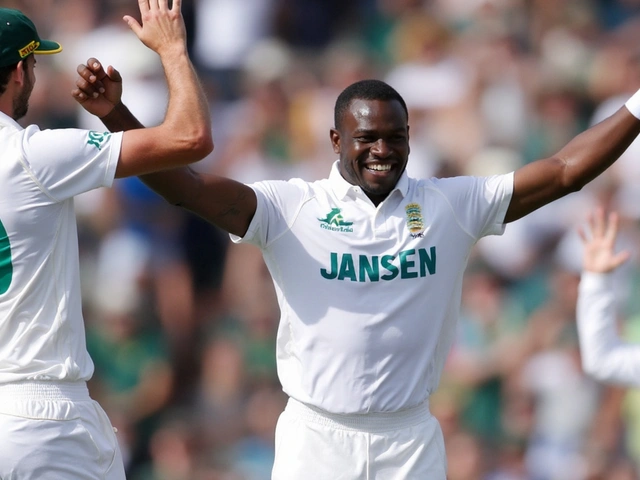

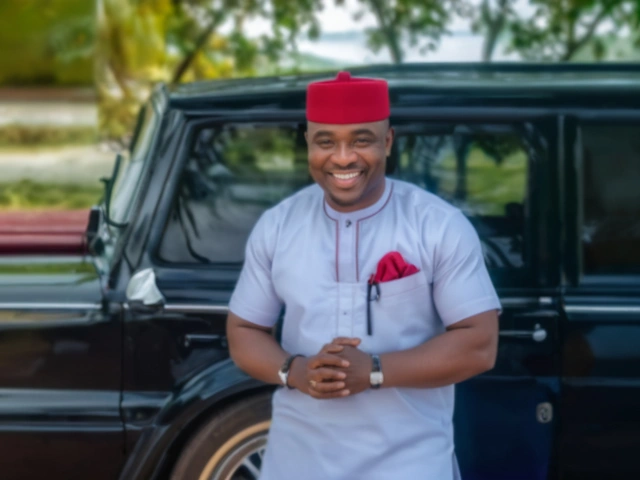
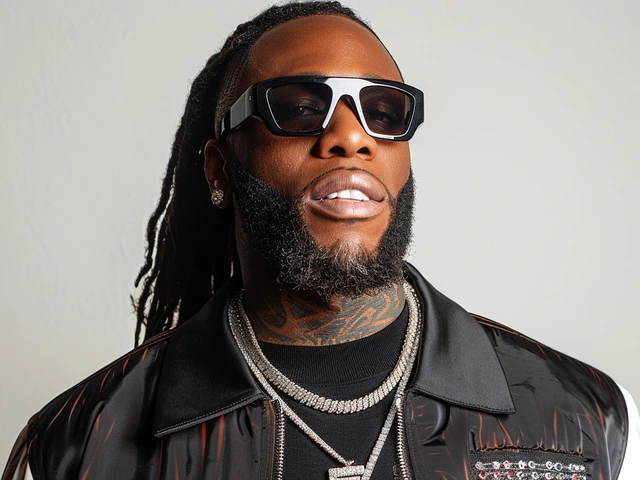

Hey folks, let’s unpack this titanic clash of judicial accountability with a dash of optimism! The JSC’s move to recommend an impeachment inquiry is a textbook case of procedural integrity kicking into high gear. While the allegations swirl like dense fog, we have the chance to reinforce institutional safeguards and showcase transparency. Remember, the judiciary thrives when it embraces both scrutiny and support – a delicate dance that ultimately fortifies public trust. Let’s keep the dialogue constructive and steer toward a fair resolution.
Morally, weaponizing impeachment for personal vendettas is indefensible.
Wake up, people!!!! The entire impeachment drama is nothing but a covert power grab orchestrated by hidden elites!!!! The JSC is being manipulated, and the so‑called “dishonesty” claim is a smokescreen for ulterior political motives!!!! We cannot allow the judiciary to become a pawn in a grand conspiratorial chessboard!!!!
From a philosophical standpoint, the notion of justice is inseparable from accountability, rendering this inquiry a crucial test of our legal ethos. The dynamic between Mogoeng and Hlophe invites a deeper reflection on the interplay of personal grievance and institutional duty. As we dissect the allegations, we must also contemplate the broader implications for jurisprudential legitimacy. The discourse should therefore transcend mere scandal and engage with the essence of judicial moral authority.
The situation presents a nuanced tableau of institutional oversight and individual conduct. It is essential to observe the procedural safeguards in place while acknowledging the gravity of the allegations. A measured, empathetic approach will likely yield the most constructive outcome for the legal community. The ultimate aim should be the preservation of public confidence in the judiciary.
I appreciate the collaborative effort of the Judicial Conduct Committee in addressing these concerns. Their meticulous review underscores the importance of precise legal standards. Ensuring clarity and fairness will benefit all stakeholders.
The current impeachment inquiry into former Chief Justice Mogoeng Mogoeng emerges as a seismic event within South Africa's constitutional landscape.
It is not merely a procedural footnote but a profound examination of the very scaffolding that supports judicial legitimacy.
The allegations, purportedly rooted in dishonesty, beckon us to interrogate the evidentiary basis with forensic rigor.
Each claim must be dissected, cross‑referenced, and placed against the backdrop of established jurisprudence.
Moreover, the potential retaliatory motive suggested by the involvement of John Hlophe adds a layer of interpersonal complexity that cannot be ignored.
One must consider whether the timing of these accusations coincides with historic power shifts within the legal hierarchy.
The JSC’s recommendation signals an acknowledgement that unchecked authority, even at the apex, demands scrutiny.
Yet, the procedural machinery must be immune to political manipulation, lest it become a weapon of factional warfare.
In the realm of constitutional law, the balance between safeguarding institutional integrity and protecting individual reputation is precarious.
Transparency, in this context, functions not as a sensationalist spectacle but as a cornerstone of democratic accountability.
The public’s trust hinges on the perception that the judiciary is both exalted and exposed to rational checks.
Should the inquiry proceed with methodological exactitude, it will reinforce the principle that no office is beyond reproach.
Conversely, a perfunctory or biased process could erode confidence and embolden future attempts at subversion.
This is why the Judicial Conduct Committee’s role is not merely administrative but fundamentally constitutional.
Their stewardship will either vindicate the chairmanship of Mogoeng or substantiate the need for systemic reform.
In the final analysis, the outcome will reverberate far beyond the individual actors, shaping the future contours of South African judicial governance.
Sharp, vivid insight: the inquiry could either cleanse the bench or cast a long, dark shadow.
Amid the swirling headlines, the core issue remains the preservation of judicial credibility. The alleged dishonesty, if substantiated, threatens to destabilize the very foundations of legal authority. Yet, the possibility of strategic retaliation urges caution before drawing irreversible conclusions. Ultimately, a balanced, evidence‑driven process will serve the nation's best interests.
The procedural timeline must adhere strictly to constitutional mandates. Any deviation could jeopardize the legitimacy of the findings. A restrained yet thorough approach is advisable.
Dearest fellow patrons of the rule of law, allow me to extol the virtue of exactitude in this delicate matter. The Judicial Conduct Committee, armed with rigorous standards, is poised to navigate the labyrinthine complexities before us. It is incumbent upon us to champion both diligence and decorum as we witness this unfolding. In doing so, we uphold the lofty ideals that define our legal heritage. Let us collectively applaud the pursuit of impartial adjudication.
Ah, yet another dazzling display of political theater, now masquerading as a quest for truth. One might marvel at the sheer ingenuity of deploying impeachment as a strategic chess move. Of course, the noble intention to safeguard the judiciary is never lost amidst such grand performances. The irony, however, is palpable when ostensibly impartial mechanisms become tools of intrigue.
Did you see how the saga keeps unfolding? It's like watching a thriller where every twist hides a deeper scheme. Honestly, it's kinda scary how easily the system can be twisted.
Great points all around-let’s keep the conversation constructive and focused.
Justice demands vigilance; complacency is the enemy of truth.